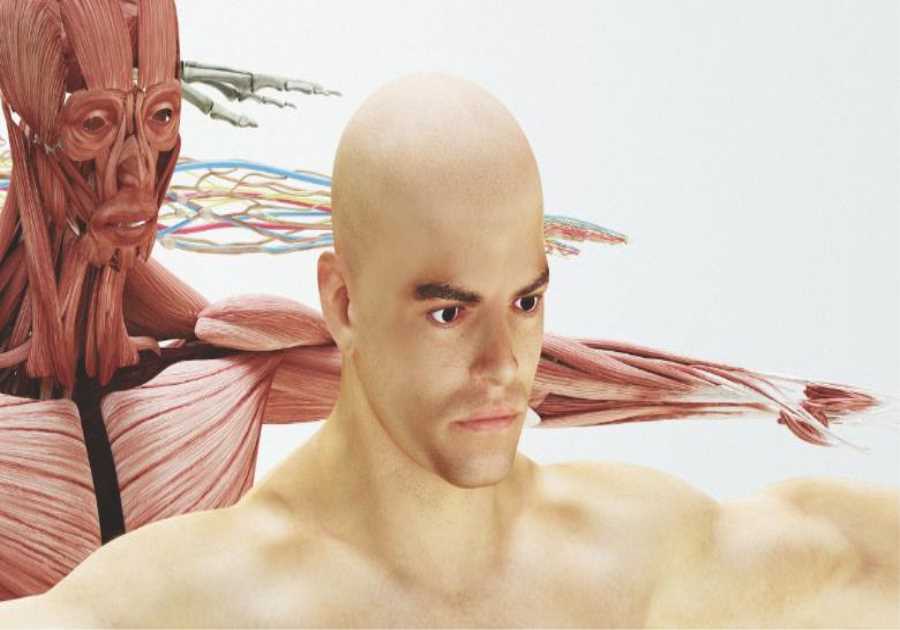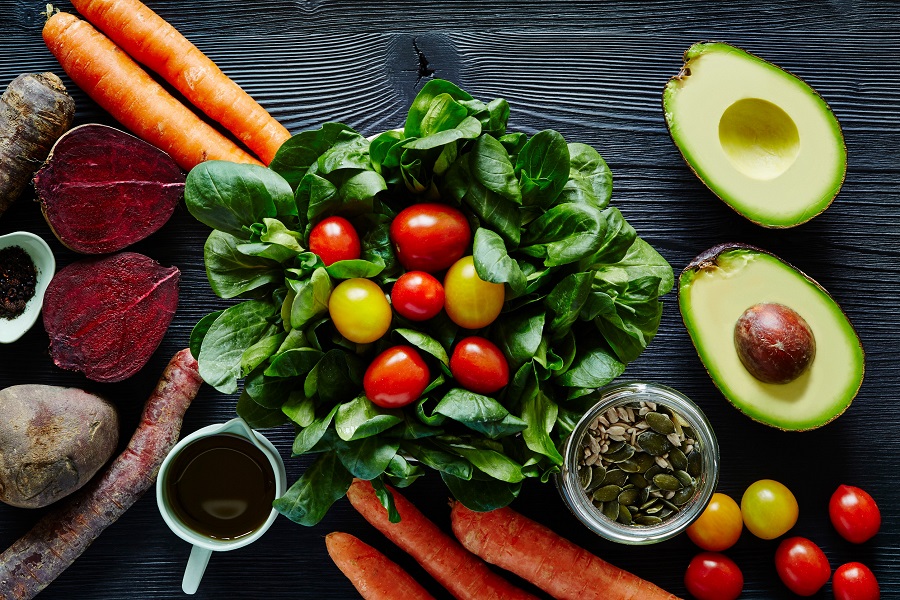
In the complex world of nutrition, where the latest diets and health trends often dominate headlines, certain foods find themselves unfairly vilified. Common misconceptions, fueled by outdated research or oversimplified dietary advice, can lead to whole food groups being labeled as “bad” without a nuanced understanding of their nutritional value. This article aims to set the record straight on 11 surprisingly healthy foods that have been given a bad rap, exploring the science-backed benefits that might just make you reconsider their place on your plate.
1. Eggs
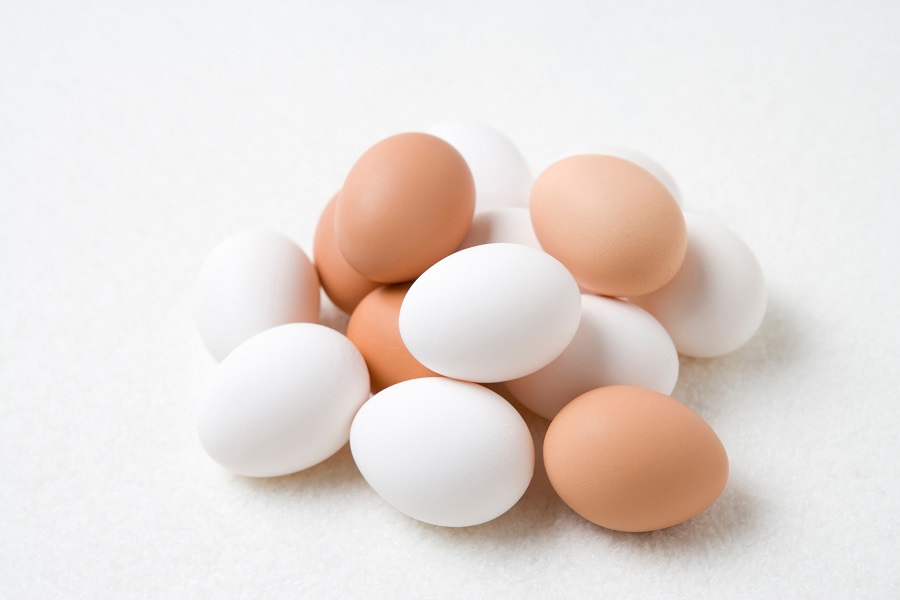
Once criticized for their cholesterol content, eggs have made a nutritional comeback. Research now shows that the cholesterol in eggs has little effect on blood cholesterol levels for most people. Packed with high-quality protein, vitamins D and B12, and choline—a nutrient essential for brain health—eggs are a powerhouse of nutrition. Incorporating them into your diet, especially if you’re opting for boiled or poached versions, can contribute to a well-rounded nutritional profile.
2. Potatoes
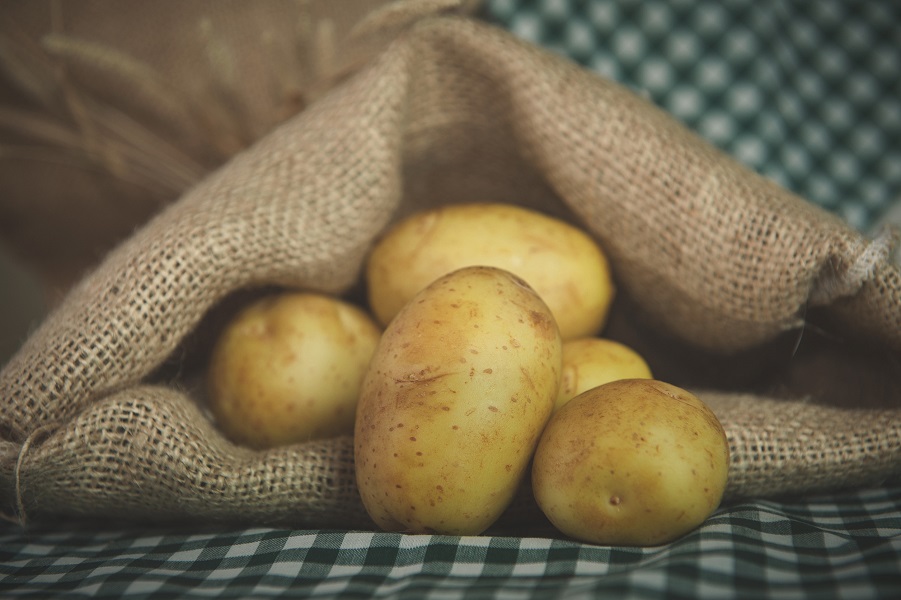
Potatoes often get lumped in with unhealthy processed foods due to their high carbohydrate content. However, when prepared healthily (think baked or boiled, not deep-fried), potatoes are an excellent source of vitamin C, potassium, and fiber, especially with the skin on. They also contain resistant starch, which can aid in blood sugar control and gut health. Moderation and preparation method are key when enjoying this versatile vegetable.
3. Full-Fat Dairy
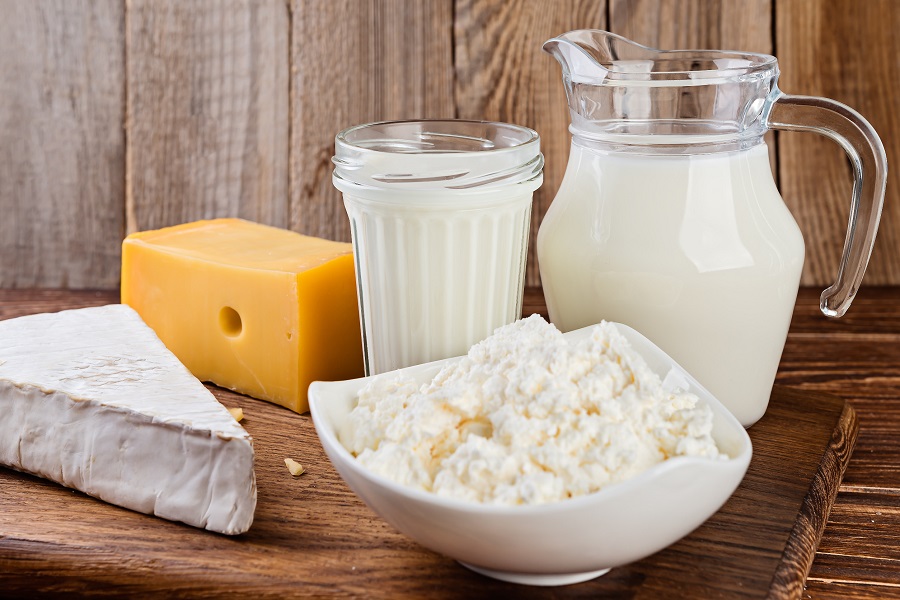
The low-fat diet trend led many to shun full-fat dairy products under the assumption that they contribute to weight gain and heart disease. However, recent studies suggest that in moderation, full-fat dairy may actually be beneficial for heart health, weight management, and diabetes prevention. Products like yogurt and cheese are rich in calcium, protein, and probiotics (in the case of yogurt), making them beneficial components of a balanced diet.
4. Nuts
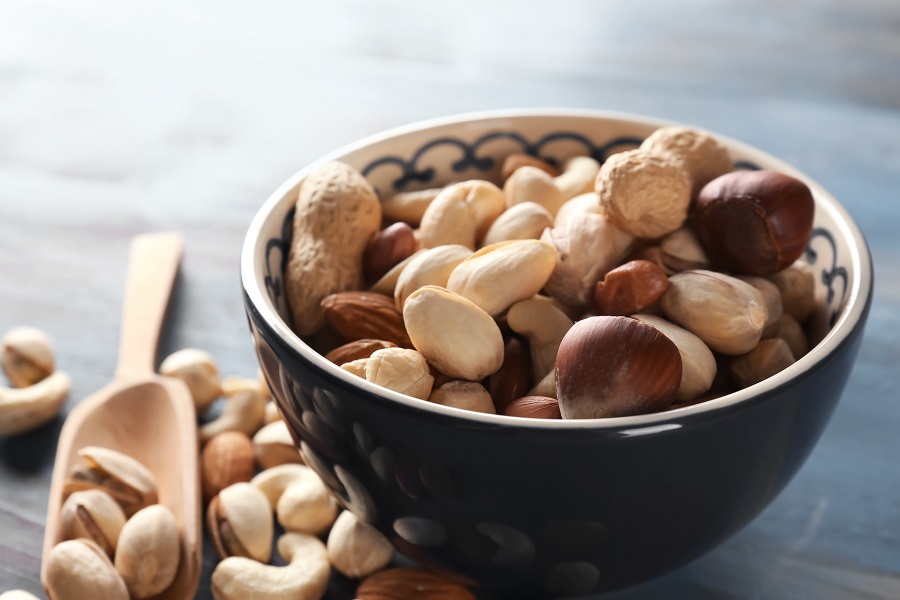
Despite being high in fat, nuts are incredibly nutritious and loaded with healthy monounsaturated fats, protein, fiber, vitamins, and minerals. Nuts like almonds, walnuts, and cashews can help reduce the risk of heart disease when consumed as part of a balanced diet. Their satiating properties can also aid in weight management by keeping you fuller for longer.
5. Avocados
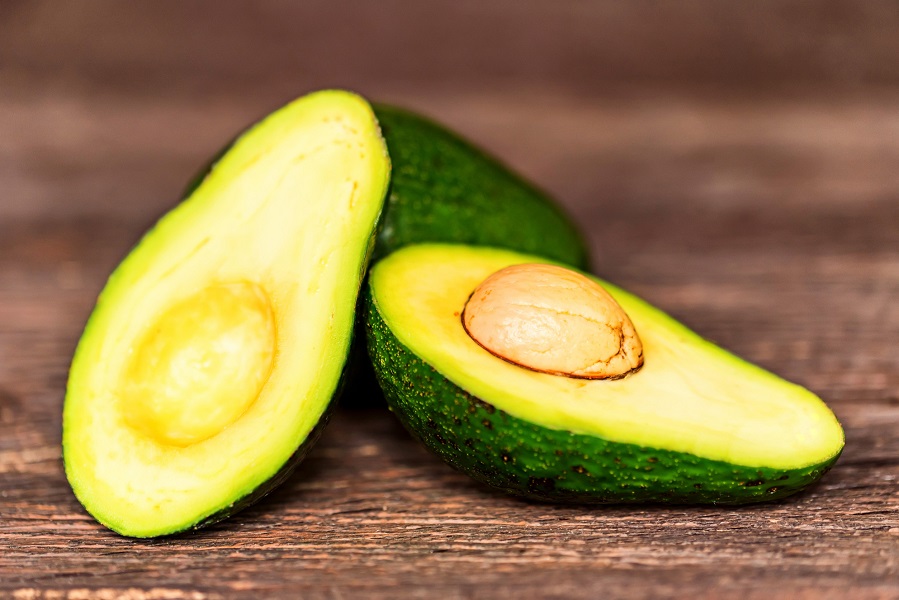
Avocados are often avoided due to their high fat and calorie content, but these fruits are rich in monounsaturated fats that are good for heart health. They’re also packed with fiber, potassium, and several essential vitamins. Incorporating avocados into your diet can improve nutrient absorption from other healthy foods and may help lower cholesterol levels.
6. Coffee
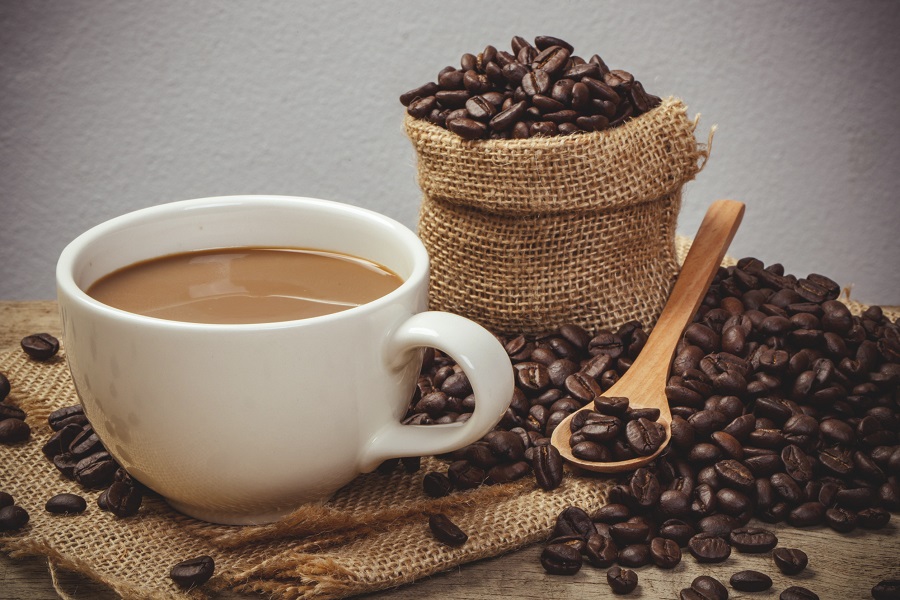
Coffee is frequently viewed skeptically due to concerns about caffeine content and potential links to heart issues. However, when consumed in moderation, coffee is rich in antioxidants and has been associated with a reduced risk of several diseases, including Parkinson’s disease, Type 2 diabetes, and certain forms of cancer. The key is moderation and mindful consumption, especially of added sugars and creams.
7. Dark Chocolate
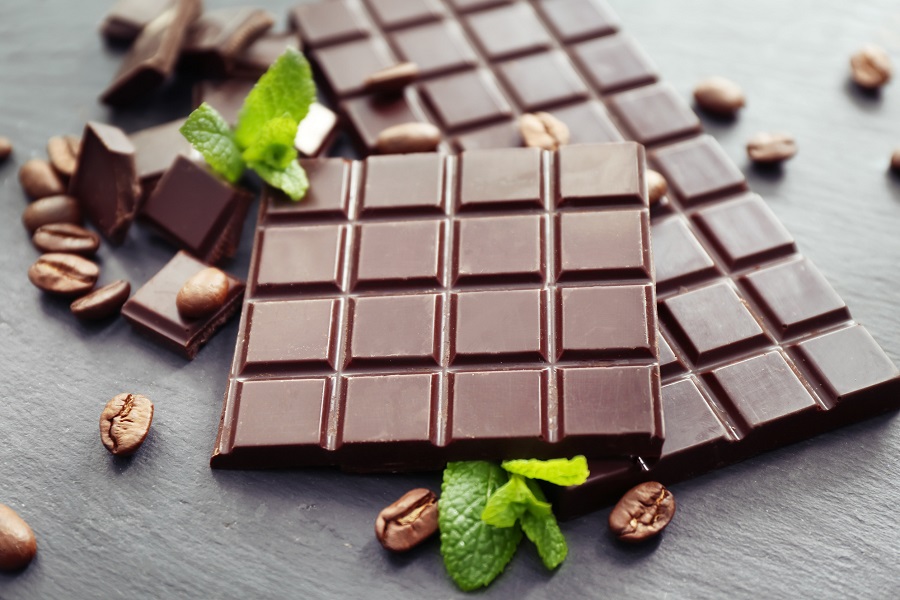
Dark chocolate often gets a bad rap due to its association with sugary treats, but it’s actually loaded with nutrients and antioxidants. Look for high-cocoa content chocolate (70% or higher), which contains fiber, iron, magnesium, copper, and manganese, and can improve heart health by increasing blood flow and lowering blood pressure.
8. Peanut Butter
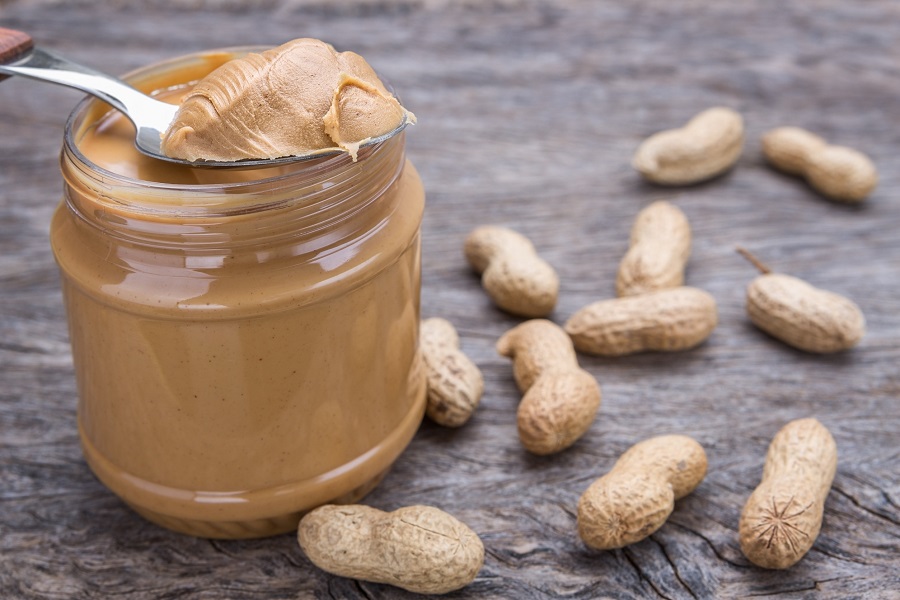
Peanut butter, particularly in its natural form without added sugars or oils, is an excellent source of protein, healthy fats, and vitamins. It can be a part of a healthy diet, contributing to satiety and providing energy. As with many healthy foods, the key is consuming it in moderation and opting for versions without added ingredients.
9. Coconut Oil
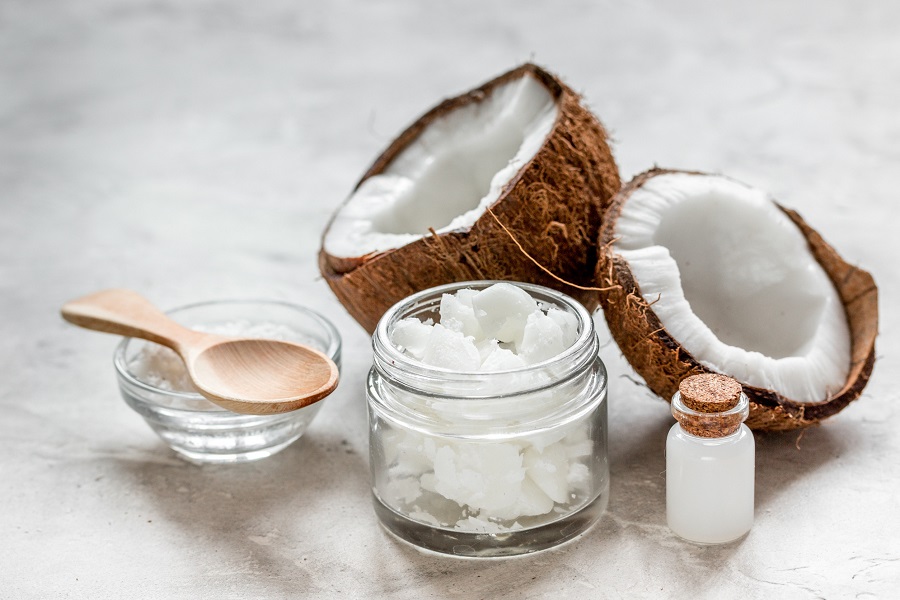
Coconut oil has been both hailed as a superfood and criticized for its high saturated fat content. However, the type of saturated fats in coconut oil can actually be beneficial, increasing the good HDL cholesterol in your body and potentially improving fat burning. It’s best used in moderation and can be a healthy part of cooking and baking.
10. Red Wine
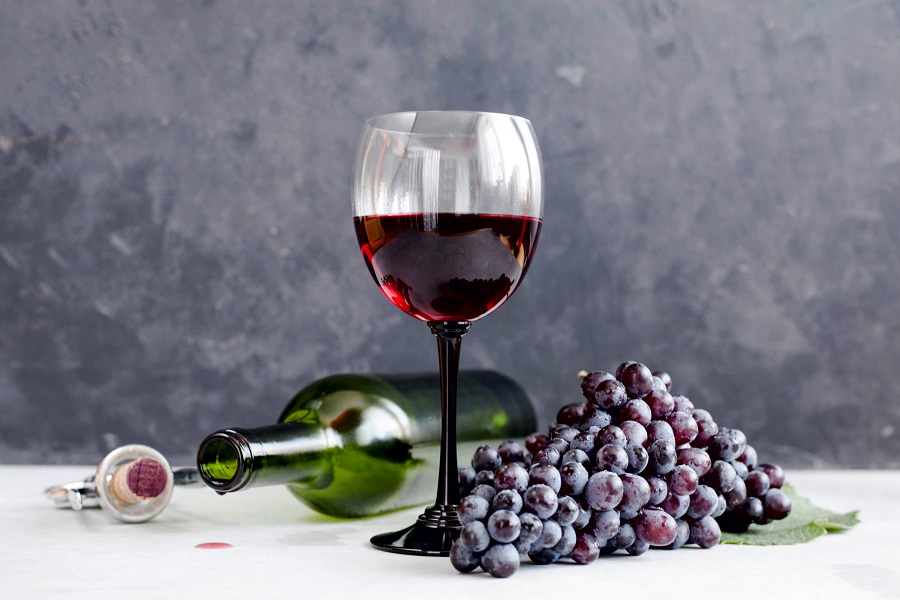
In moderation, red wine has been credited with a variety of health benefits, thanks to its high content of antioxidants like resveratrol. These can offer protection against heart disease and certain cancers, and even prolong life when consumed in small amounts. The key to reaping these benefits is moderate consumption, defined as one glass per day for women and two for men.
11. Popcorn
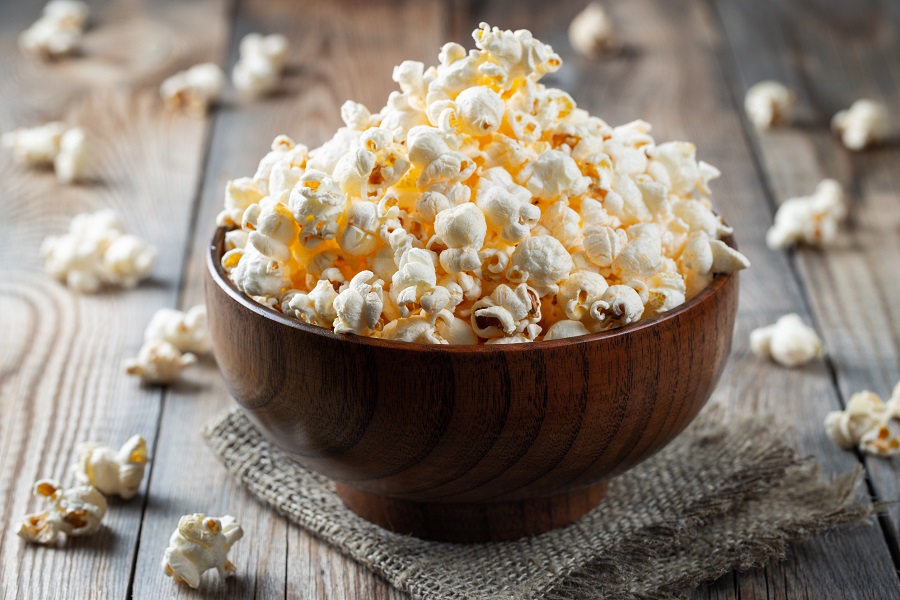
As a whole grain, popcorn is high in fiber and antioxidants, making it a nutritious snack when prepared correctly. The health pitfalls come from movie theater-style popcorn loaded with butter and salt. Air-popped popcorn without unhealthy toppings can be a healthy, satisfying snack.
Stay Informed
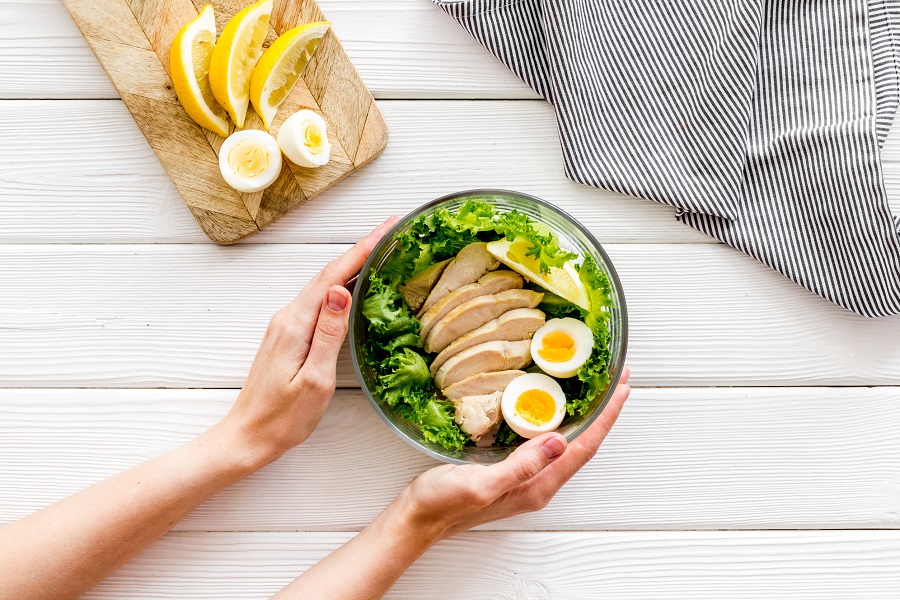
These examples illuminate the importance of looking beyond the myths and considering the nutritional science when evaluating healthy foods choices. Many foods traditionally labeled as “bad” can be part of a healthy and balanced diet, contributing to overall well-being and chronic disease prevention. By understanding the nutritional value of these often-misunderstood foods, you can make informed choices that enhance your diet and support your health.
Eight Ways To Eat For Less And Save Like A Champion
Night owls may have a higher risk of type 2 diabetes than early birds
|||-------------------------------------
By: Toi Williams
Title: What People Won’t Eat: 11 Surprisingly Healthy Foods That Often Get a Bad Rap
Sourced From: www.dinksfinance.com/2024/04/what-people-wont-eat-11-surprisingly-healthy-foods-that-often-get-a-bad-rap/
Published Date: Thu, 04 Apr 2024 10:40:03 +0000






